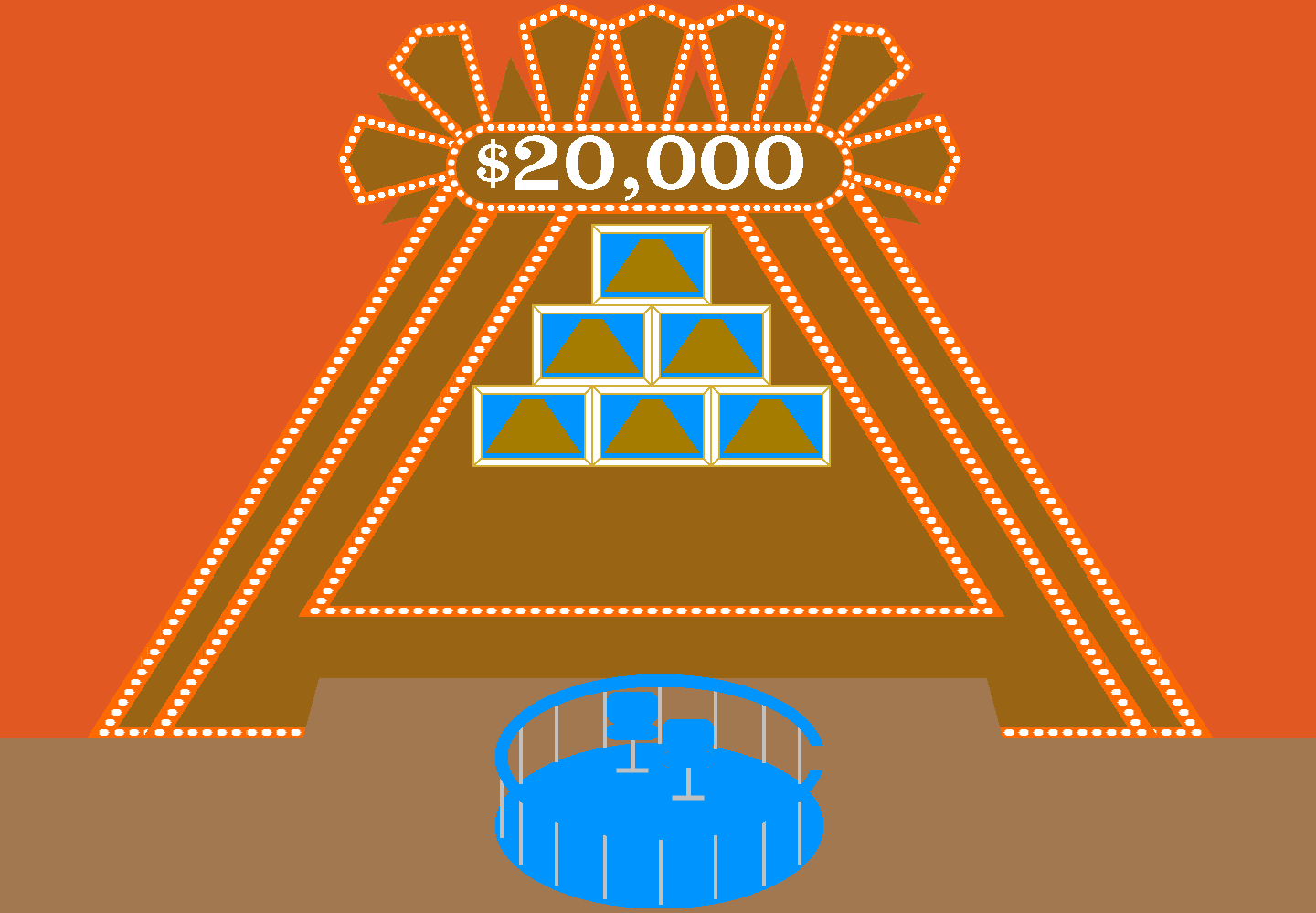Working with percentages and fractions can be a bit daunting at first, but once you understand the basics, it can be a lot of fun. In this tutorial, we’re going to take a look at the calculation of 25% of 100,000. We’ll discuss what 25% means and how to calculate it, and we’ll look at some example calculations so you can see how it’s done.
What Is 25% of 100,000?
25% of 100,000 is 25,000. This means that if you take 25,000 from 100,000, you will be left with 75,000. 25% of 100,000 is the same as saying “25 out of every 100” or “1 out of every 4”. To calculate 25% of 100,000, you can multiply 25 by 100,000 and divide it by 100. The result will be 25,000.
How to Calculate 25% of 100,000
To calculate 25% of 100,000, you can use the following formula:
25% of 100,000 = 25 x 100,000 / 100
In this formula, 25 is the percentage, 100,000 is the number, and 100 is the total number of parts. The result of the calculation is 25,000, which is 25% of 100,000.
Example Calculations
Let’s take a look at some example calculations to see how the formula works:
25% of 200,000 = 25 x 200,000 / 100 = 50,000
25% of 500,000 = 25 x 500,000 / 100 = 125,000
25% of 1,000,000 = 25 x 1,000,000 / 100 = 250,000
People Also Ask
What Is 25 Percent Of 1000000?
25 percent of 1,000,000 is 250,000.
What Is 25 Percent Of 500000?
25 percent of 500,000 is 125,000.
What Is 25 Percent Of 200000?
25 percent of 200,000 is 50,000.
What Is 25 Percent Of 80000?
25 percent of 80,000 is 20,000.
What Is 25 Percent Of 120000?
25 percent of 120,000 is 30,000.
What Is 25 Percent Of 150000?
25 percent of 150,000 is 37,500.
Now that you understand the basics of calculating 25% of 100,000, you can use the same formula to calculate other percentages and numbers. Just remember to always use the same formula: 25 x number / 100. Good luck!
